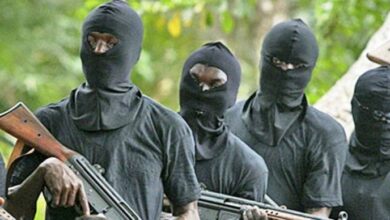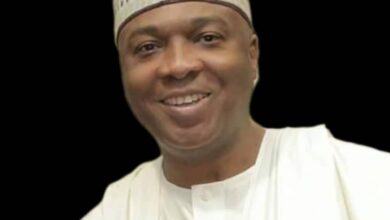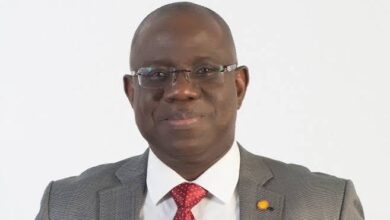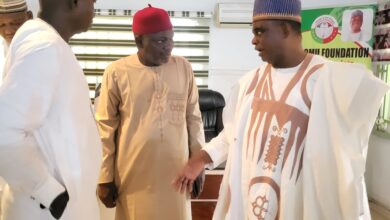Sen Abdullahi: Opponents of ‘hate speech bill’ are pretenders
Deputy Chief Whip of the Senate, Aliyu Abdullahi, has said opponents
of the “hate speech bill” are ignorant of the dangers that loom if it
is not passed into law.
Many Nigerians have kicked against the bill, describing it as a threat
to their fundamental rights.
But in a statement on Sunday, Abdullahi, who is the sponsor of the
bill, said its opponents are only pretending to protect freedom of
speech.
He asked people to beware of “false information being spilled out by
some persons and groups parading themselves as serving the interest of
the nation”.
Citing a report by the United States Commission on International
Religious Freedom (USCIRF) on “Overcoming Dangerous Speech and Endemic
Religious Divides in Central Nigeria”, Abdullahi said persons with
strong bias capable of escalating ethnic and religious violence are
infiltrating the media.
He said such persons and groups are opposed to the passage of “hate
speech” law by the national assembly would put an end to their trade.
“Both Christians and Muslims have said that the media blatantly
expresses bias against their religion, and that journalists will
deliberately not report their story or perspective,” he said.
“Outside the immediate communities affected by a specific incident,
the general public’s understanding of violent events is often
incomplete.
“In some cases, false news about attacks has incited the people to
undertake revenge attacks in various parts of the country.”
Abdullahi, who cited another report by the Centre for Information
Technology and Development (CITAD), said there are strong indicators
making it imperative for the introduction of legislation by the
national assembly to criminalise hate speech which is “responsible for
high cases of violence and killing”.
Making specific reference to the CITAD report, Abdullahi said: “In
2017, Nigeria experienced the continuation of three major conflicts
that provided a fertile ground for the propagation of hate speech.
“These were the resurgence of the Biafra Agitation in the South East,
the clash between the Army and members of the Islamic Movement of
Nigeria, popularly referred to as the Shiites Movement in the North
West, and the transformation of the localized farmers-herders conflict
and cattle rustling to the large scale rural banditry that had taken
an ethno-religious character across much of the North West and North
Central zones of the country.
“Across the country, scores of people were killed as a result of these
conflicts, further providing fuel for the wildfire of hate speech.”





